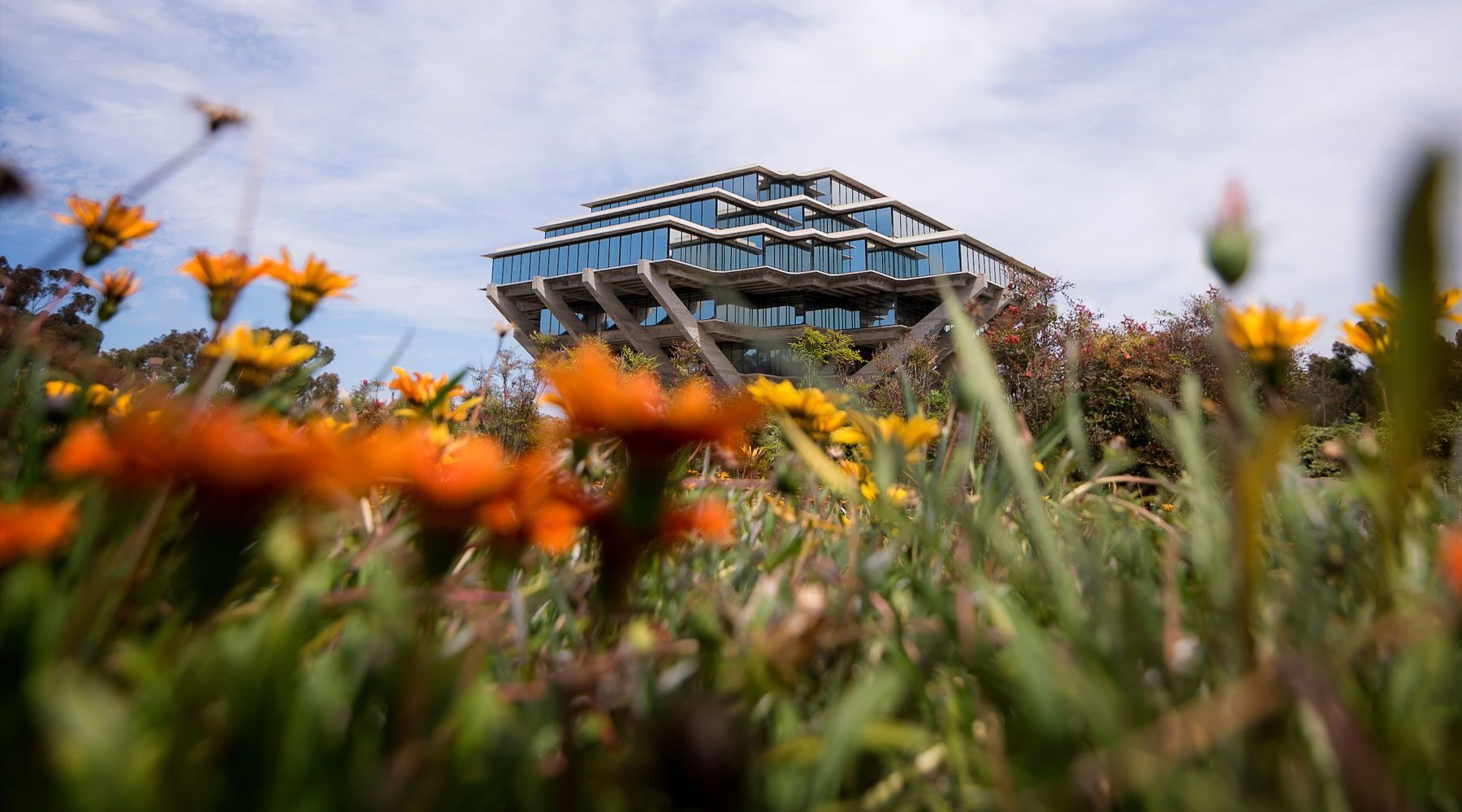Charting a Strategic Path
A 21st Century School Needs a Leader with a Lens Toward Equity and Disease Prevention
By David A. Brenner, MD, Vice Chancellor of Health Sciences at University of California San Diego. Vice Chancellor Brenner leads the School of Medicine, Skaggs School of Pharmacy and Pharmaceutical Sciences, and Herbert Wertheim School of Public Health and Human Longevity Science.
In this ever-evolving health landscape, I have seen the immense influence that science and medicine have on our communities. Unfortunately, the technological and therapeutic benefits of these advances in research are not equitably shared, and often they fall short of helping those who need it most.
For more than a decade, I have charted a new path for Health Sciences at UC San Diego, one that both addresses health disparities in our communities and takes advantage of the incredible strengths of our campus. My aim has been to integrate research and clinical care, not only to develop novel treatments to pressing health challenges, but also identify tangible strategies to prevent disease.


We are in a unique period in medicine, one in which we have the ability to generate big data that can be applied to changing how we care for entire populations rather than treating individual patients. This coincides with the increasing attention on the importance of public health and its emphasis on addressing the impacts of well-being across the socioeconomic spectrum.
With this in mind, UC San Diego established the Herbert Wertheim School of Public Health and Human Longevity Science, a transformative investment in public health and its power to prevent disease and prolong healthy living. Importantly, the school is designed to leverage principles from a wide range of disciplines, from medicine and pharmaceutical sciences to engineering, business and oceanography.
As we considered who should lead this ambitious new effort, we recognized that we needed a gifted leader who could change how we understand the complicated issues of health equity and how principles from multiple disciplines could enhance the way we think about our community’s health.
We found that leader in Cheryl A.M. Anderson.
As a nationally recognized epidemiologist and member of the National Academy of Medicine, Dean Anderson has devoted her career to promoting health equity and eliminating health disparities through research on nutritional exposures and chronic disease outcomes in underserved populations. As dean, she now leads an established, cross-disciplinary faculty representing Health Sciences’ tripartite mission to offer outstanding educational programs, conduct novel research and provide exceptional clinical care.
We recognized that we needed a gifted leader who could change how we understand the complicated issues of health equity.
Already, the Herbert Wertheim School of Public Health is partnering with its campus colleagues to explore new ideas that were impossible to conceive even a short time ago, including using new technologies or scientific disciplines to address other key public health issues, such as climate change and the environment, global health and disease, mental health and addictions, and healthy aging and longevity science.
Dean Anderson and colleagues are working with local and global communities and populations to identify root causes of morbidity and mortality in high-risk populations and implement large-scale solutions to today’s most challenging public health issues.
This approach, combining serious academic rigor alongside a culture of belonging, has created a school of public health unlike any other: one designed to define a future focused on prevention of disease and injury and promotion of health and well-being to earn the public’s trust in creating public health policies that have global impact.
I am confident that Dean Anderson will catalyze UC San Diego’s myriad strengths to foster a culture of learning and discovery across the continuum of biomedical research and education. I am thrilled by the Herbert Wertheim School of Public Health and Human Longevity Science’s trajectory, which will no doubt have a lasting benefit to our communities for many years to come.

